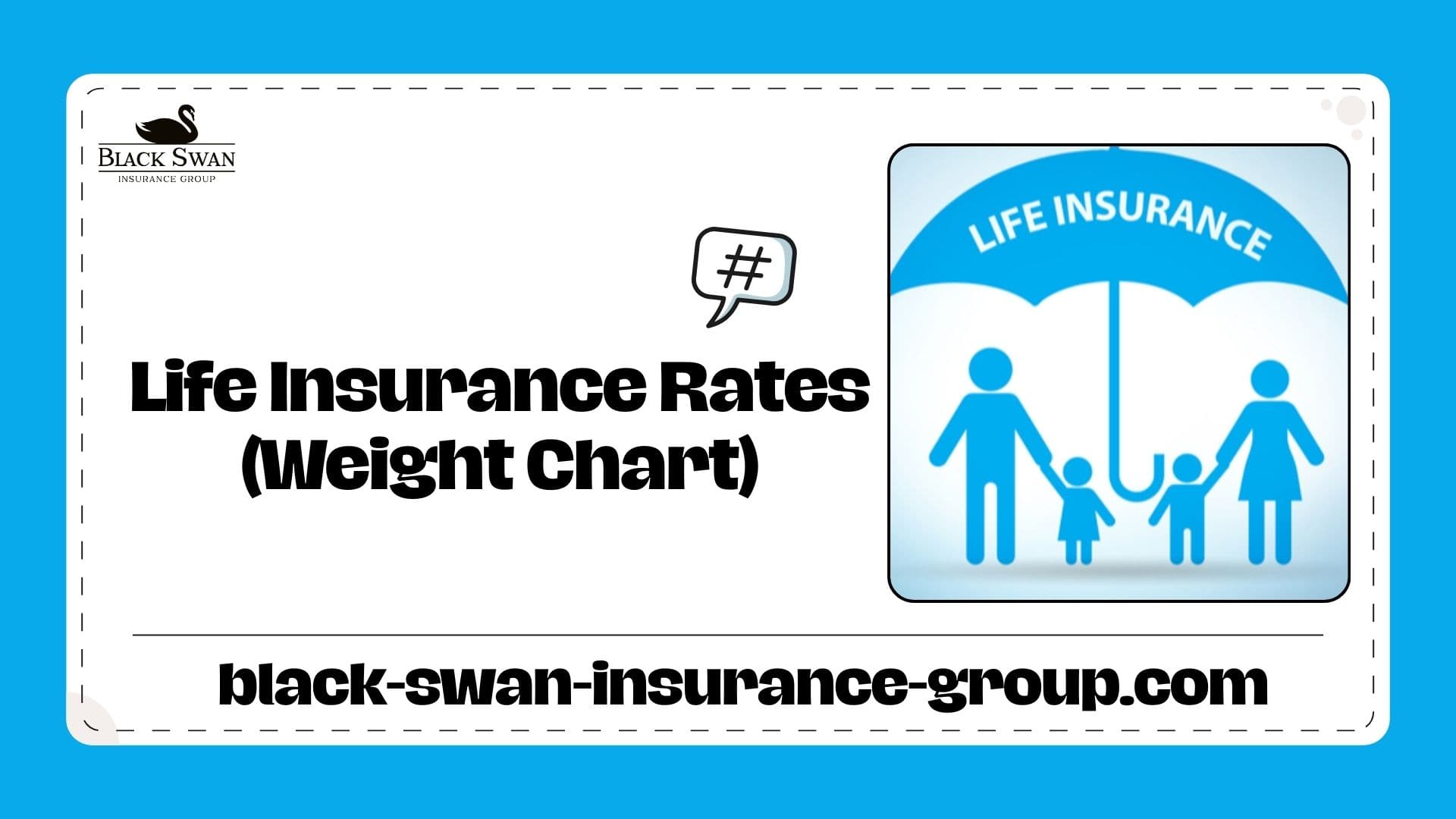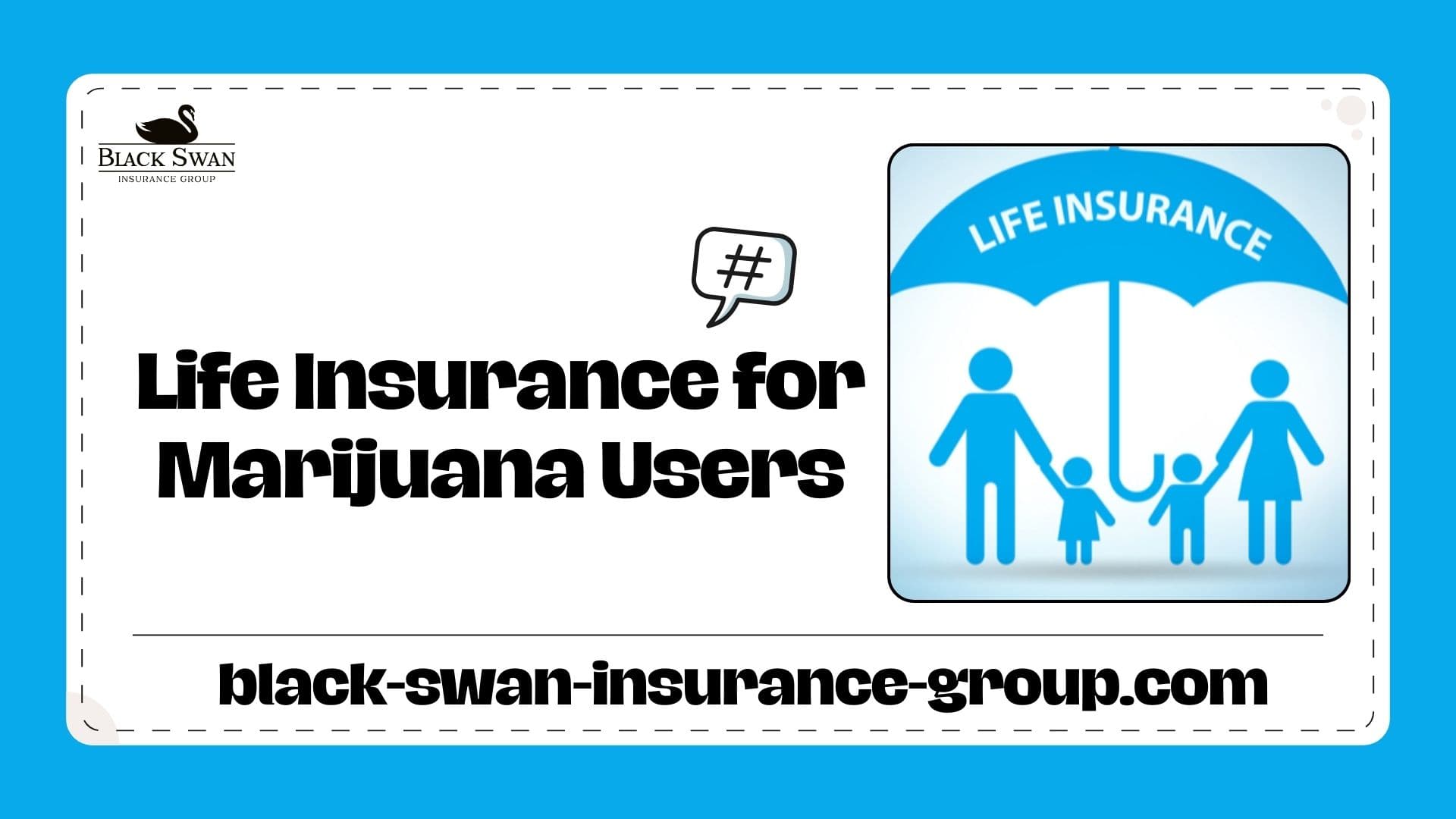Table of Contents
Life Insurance for People with Atrial Fibrillation is not out of reach. While AFib is a common heart rhythm disorder, many individuals with this condition still qualify for affordable and comprehensive life insurance coverage. Insurers assess factors like episode frequency, treatment plans, and overall heart health. Whether you’re newly diagnosed or have managed AFib for years, understanding how your condition affects eligibility can help you make informed decisions and secure the best policy possible.
To improve your chances, it’s important to work with providers who understand life insurance for people with atrial fibrillation and offer personalized solutions. This guide breaks down the types of life insurance available, how the underwriting process works, and what to expect when applying in 2025.
What Is Atrial Fibrillation and How Does It Affect the Heart?

Atrial fibrillation (AFib) is a common type of arrhythmia that causes the heart to beat irregularly. In AFib, the upper chambers of the heart (atria) lose their rhythm and fall out of sync with the lower chambers (ventricles), making it harder for the heart to pump blood efficiently. This irregular heartbeat can cause blood to pool in the atria, increasing the risk of stroke, heart failure, and other serious cardiovascular complications. For individuals managing this condition, securing life insurance for people with atrial fibrillation can be an important step toward protecting their family’s financial future. Many insurers now recognize the advances in AFib treatment and may offer tailored policies based on the applicant’s overall heart health, treatment plan, and lifestyle.
For a deeper medical overview, refer to the American Heart Association’s guide to AFib
Can You Qualify for Life Insurance with AFib?
Yes. Life insurance for people with atrial fibrillation is possible, even if your condition is chronic. Insurers evaluate the severity, how well it’s managed, your age, lifestyle, and any related issues such as high blood pressure or heart disease.
Applicants with well-controlled or paroxysmal (occasional) AFib typically receive more favorable rates than those with persistent or permanent AFib. Black Swan Insurance Group’s term life insurance options support individuals with various heart conditions.
What Factors Affect Life Insurance Eligibility with AFib?
When applying for life insurance for people with atrial fibrillation, underwriters consider:
- Type of AFib: Paroxysmal, persistent, or permanent
- Age at diagnosis: Younger age can raise concern about long-term complications
- Episode frequency and severity
- Underlying causes: Such as valve disease or cardiomyopathy
- Treatment and response: Medications, ablation procedures, lifestyle
- Medication use: Blood thinners and antiarrhythmics
- Other conditions: High blood pressure, diabetes, obesity
- Test results: ECGs, Holter monitors, echocardiograms
- Hospitalizations: ER visits signal risk instability
How Does AFib Affect Life Insurance Rates?
| AFib Condition | Treatment | Other Health Issues | Rate Impact |
|---|---|---|---|
| Occasional AFib | Well-managed | None | Standard rates possible |
| Occasional AFib | Mild hypertension | Controlled | Slight premium increase |
| Persistent AFib | Medication | Diabetes or cholesterol | Higher premiums |
| Permanent AFib | Ongoing treatment | Present | Significantly increased rates |
| Uncontrolled AFib | Frequent episodes | Present | May lead to denial |
What Types of Life Insurance Are Available?

If you’re looking for life insurance for people with atrial fibrillation, here are your main options:
- Term Life Insurance – Affordable, ideal for well-managed AFib
- Whole Life Insurance – Lifelong coverage, builds cash value
- Universal Life Insurance – Flexible premiums and long-term planning
- Simplified Issue Insurance – No medical exam, but requires health questions
- Guaranteed Issue Insurance – No health questions or exams, higher premiums
Learn more about term life insurance or whole life options through Black Swan Insurance Group.
How Does the Life Insurance Process Work with AFib?
The process of applying for life insurance for people with atrial fibrillation involves:
- Completing a detailed application
- Sharing information about your diagnosis, treatment, and episodes
- Authorizing access to medical records
- Undergoing a possible medical exam (bloodwork, ECG, etc.)
Accurate and complete information improves your chances of getting the best rate and avoids delays.
Do You Need a Medical Exam?
In most cases, yes. Applying for life insurance for people with atrial fibrillation usually involves a medical exam. This exam allows insurance providers to assess the severity of your AFib, review your overall heart health, and evaluate your eligibility and premium rates. Important factors such as your age, medication use, symptom frequency, and any related conditions like high blood pressure or diabetes are carefully considered. If you prefer to skip the medical exam, there are options available.
No exam life insurance provides a more simplified application process, but it often comes with higher premiums and lower coverage amounts. It can be a suitable choice for individuals seeking quick approval or those who may have difficulty qualifying through traditional underwriting. Learn more about no-medical-exam insurance options.
Tips to Prepare for Your Life Insurance Exam with AFib
- Avoid caffeine and alcohol 24 hours before
- Get good rest and stay hydrated
- Bring medication and health history
- Follow your doctor’s instructions exactly
Being well-prepared can improve test results and lead to better rates.
When Should You Apply?
It’s best to apply when your condition is stable and well-managed. Insurers reward applicants who show consistent care and follow-up with cardiologists. Rushing an application during a flare-up can result in higher premiums or even denial.
Mistakes to Avoid
- Hiding your condition
- Skipping recent cardiology reports
- Applying during active episodes
- Choosing the wrong policy type
- Not consulting an expert
Our experts can help you choose the right policy that fits your current health situation.
Will Insurance Pay If You Die from an AFib-Related Event?
Yes, life insurance for people with atrial fibrillation typically pays out as long as you fully disclosed your condition during application. Transparency ensures beneficiaries won’t face payout delays.
Why Choose Black Swan Insurance Group?
At Black Swan Insurance Group, we understand the challenges that come with heart conditions like AFib. Our team provides:
- Personalized coverage options
- Transparent pricing
- Guidance through every step
Visit our Life Insurance Page to explore options tailored for people with atrial fibrillation.








